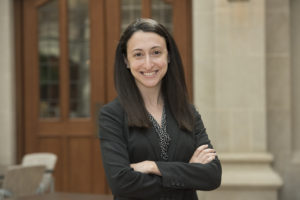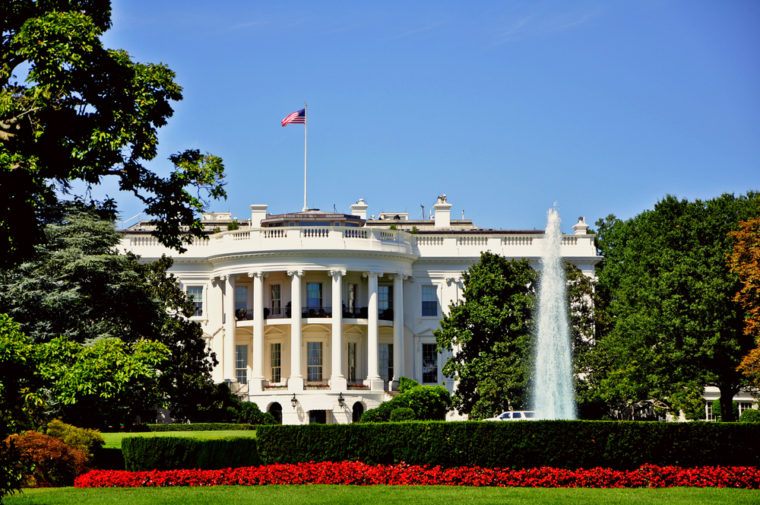The 21st Century Cures Act, the vast bill aimed at bolstering medical research and revamping the way drugs are approved, is a step in the right direction but far from perfect, says an expert on the health care industry at the School of Law at Washington University in St. Louis.

The nearly 1,000-page document includes a number of changes to the National Institutes of Health (NIH) and the Food and Drug Administration (FDA).
“One of the most troubling provisions in the previous draft of the bill would’ve created a program for the use of ‘clinical experience’ evidence in drug approvals,” said Rachel Sachs, associate professor of law and an expert on drug regulation and health law.
“Rather than relying on the gold standard of randomized clinical trials, this provision would ‘require the Secretary to establish a draft framework for implementing’ such evidence.”
The new draft keeps this provision but changes the term “clinical experience” to “real world evidence.”
“To be sure, this provision gives enormous discretion to the Secretary (of Health and Human Services) to limit, and maybe even reject, the use of such evidence,” Sachs said. “But in light of recent high-profile clinical trial failures we ought to be concerned about claims that the FDA is too slow and imposes too stringent requirements on drug approvals.”
“To be fair, the act now contains a whole set of provisions around mental health, substance abuse, and child and family services which were not originally part of the act,” she said.
“However, the 21st Century Cures Act is the biggest Christmas tree bill I’ve ever had occasion to read.”
To read Sachs’ full perspective on the bill, which is expected to reach President Barack Obama’s desk before the end of the year, visit the Harvard Law Bill of Health blog.
